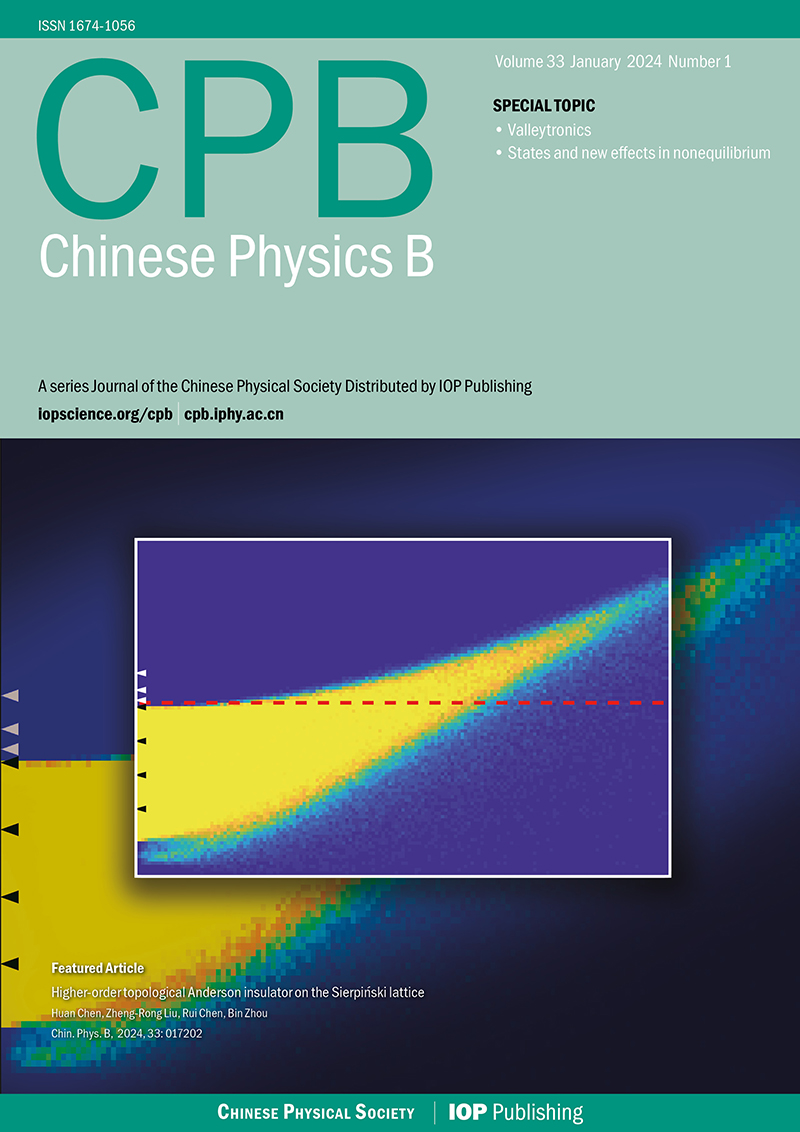量子增强型机器学习中的变量数据编码和相关性
IF 1.5
4区 物理与天体物理
Q2 PHYSICS, MULTIDISCIPLINARY
引用次数: 0
摘要
利用量子叠加和量子关联的非凡现象,量子计算为解决经典计算机无法应对的挑战提供了前所未有的潜力。本文探讨了量子计算领域的两个关键挑战:首先,开发一种有效的编码协议,将经典数据转换为量子态,这是任何量子计算的关键步骤。不同的编码策略会极大地影响量子计算机的性能。其次,我们需要抵消可能阻碍量子加速的不可避免的噪声。我们的主要贡献在于引入了一种基于量子回归算法模型的新型变分数据编码方法。通过调整机器学习的学习概念,我们使数据编码成为一个可学习的过程。这使我们能够研究量子相关性在数据编码中的作用。通过对各种回归任务的数值模拟,我们证明了我们的变分数据编码的有效性,特别是从教学数据中学习后的数据编码。此外,我们还深入研究了量子相关性在提高任务性能方面的作用,尤其是在嘈杂的环境中。我们的研究结果强调了量子相关性不仅在提高性能方面,而且在减轻噪声干扰方面的关键作用,从而推动了量子计算的前沿发展。本文章由计算机程序翻译,如有差异,请以英文原文为准。
Variational data encoding and correlations in quantum-enhanced machine learning
Leveraging the extraordinary phenomena of quantum superposition and quantum correlation, quantum computing offers unprecedented potential for addressing challenges beyond the reach of classical computers. This paper tackles two pivotal challenges in the realm of quantum computing: firstly, the development of an effective encoding protocol for translating classical data into quantum states, a critical step for any quantum computation. Different encoding strategies can significantly influence quantum computer performance. Secondly, we address the need to counteract the inevitable noise that can hinder quantum acceleration. Our primary contribution is the introduction of a novel variational data encoding method, grounded in quantum regression algorithm models. By adapting the learning concept from machine learning, we render data encoding a learnable process. This allowed us to study the role of quantum correlation in data encoding. Through numerical simulations of various regression tasks, we demonstrate the efficacy of our variational data encoding, particularly post-learning from instructional data. Moreover, we delve into the role of quantum correlation in enhancing task performance, especially in noisy environments. Our findings underscore the critical role of quantum correlation in not only bolstering performance but also in mitigating noise interference, thus advancing the frontier of quantum computing.
求助全文
通过发布文献求助,成功后即可免费获取论文全文。
去求助
来源期刊

Chinese Physics B
物理-物理:综合
CiteScore
2.80
自引率
23.50%
发文量
15667
审稿时长
2.4 months
期刊介绍:
Chinese Physics B is an international journal covering the latest developments and achievements in all branches of physics worldwide (with the exception of nuclear physics and physics of elementary particles and fields, which is covered by Chinese Physics C). It publishes original research papers and rapid communications reflecting creative and innovative achievements across the field of physics, as well as review articles covering important accomplishments in the frontiers of physics.
Subject coverage includes:
Condensed matter physics and the physics of materials
Atomic, molecular and optical physics
Statistical, nonlinear and soft matter physics
Plasma physics
Interdisciplinary physics.
 求助内容:
求助内容: 应助结果提醒方式:
应助结果提醒方式:


